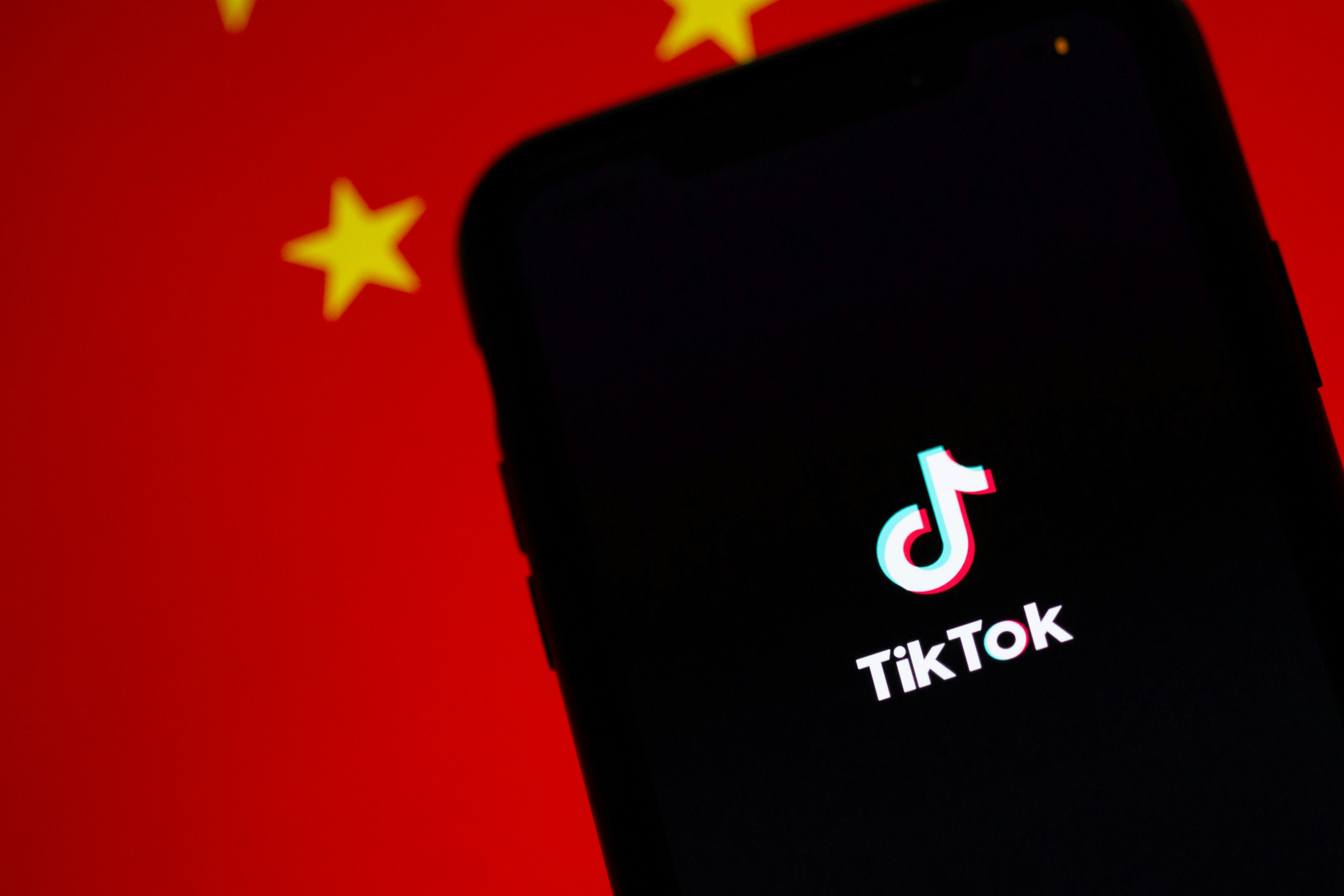Overview of U.S. Military Action in Venezuela
In recent months, the U.S. Navy undertook a military operation off the coast of Venezuela that targeted an alleged ‘drug boat’. This operation is emblematic of the United States’ ongoing commitment to combat drug trafficking and its implications for regional security and foreign policy. The vessel was reportedly linked to a network that the U.S. government claims is facilitating the transportation of narcotics, posing significant threats not only to American communities but also to countries within the region.
The choice to engage militarily in this context highlights the broader strategic approach that the U.S. has adopted toward Venezuela. The current administration perceives the Venezuelan government as part of a nexus of threats, including drug trafficking and destabilizing regional influence. The operation signals a firm stance against what the U.S. sees as Venezuelan complicity in narcotics operations, reinforcing its longstanding policy of isolating Nicolás Maduro’s regime. This military action underscores the complexity of U.S.-Venezuela relations, which are characterized by mutual antagonism and a series of sanctions imposed by the U.S. to undermine Maduro’s hold on power.
Moreover, the implications of this engagement extend beyond bilateral relations; they resonate throughout the region. The military operation could potentially escalate tensions not just with the Venezuelan government, but also with other nations watching closely, such as Russia and China, which have been supportive of Maduro. This multifaceted approach to U.S. foreign policy illustrates the tension between combating drug trafficking and navigating the geopolitical landscape, particularly in a region where U.S. influence has been historically contested. The operation exemplifies how military interventions can shape narratives and actions within U.S. foreign policy, with direct repercussions for both Venezuelan governance and the broader stability of Latin America.
Venezuela’s Response: Initiating ‘Electronic Warfare’ Drills
In light of the recent U.S. naval operations, Venezuela has opted to enhance its military readiness through the initiation of ‘electronic warfare’ drills. This decision reflects a broader tactical shift within Venezuelan defense strategies, seeking to address evolving threats from perceived foreign intervention. The drills are directed toward bolstering Venezuela’s capabilities to disrupt the communications and operations of adversarial forces, specifically focusing on counteracting the technological dominance traditionally held by the United States.
Venezuela’s government has framed these exercises as essential for national sovereignty and defense, emphasizing their role in sustaining regional stability amidst increasing geopolitical tensions. The timing of these drills, juxtaposed with U.S. military maneuvers, underscores Venezuela’s intent to project power in response to what it perceives as encroachment on its autonomy. Furthermore, the drills aim not only to deter potential aggression but also to enhance the Venezuelan military’s overall operational readiness, including the integration of modern technological warfare capabilities.
Regional implications of these military exercises are noteworthy, as they may signal a shift in the dynamics of Latin American military relations. Venezuela’s actions could prompt neighboring countries to reevaluate their defense postures, potentially leading to an arms race or increased military collaboration among those aligned against U.S. policies. Latin American allies are likely to observe these developments closely, as they could dictate future responses to U.S. influence within the region. Consequently, the ramifications extend beyond Venezuela alone, posing potential challenges for security and diplomatic relations throughout Latin America.
U.S.-China Relations: The TikTok Algorithm Oversight Deal
The ongoing negotiation surrounding TikTok’s algorithm signifies a critical juncture in U.S.-China relations, particularly as it pertains to national security and data privacy. The growing apprehensions within the United States regarding the potential misuse of data by the Chinese-owned app have prompted discussions on oversight mechanisms. Reports suggest that a deal is being developed that could necessitate more stringent control of TikTok’s algorithm, aimed at mitigating fears about how user data might be accessed or utilized by the Chinese government.
This situation traces back to the increasing scrutiny of foreign technology companies operating within the U.S. The past few years have seen lawmakers and regulators voice concerns surrounding the safety of user data, especially in relation to applications developed by organizations located in China. The crux of the matter lies in the belief that Chinese laws could compel companies like ByteDance, TikTok’s parent company, to share user data with the state if requested. Such fears have spurred calls for stricter regulations and the potential implementation of oversight on TikTok’s algorithm, a core component of the platform that determines content visibility and user engagement.
The implications of this developing oversight deal extend beyond the immediate U.S. national security context. For users, it raises questions about how their data is managed and who ultimately has the authority to dictate content on the platform. For stakeholders in the tech industry, this situation pressure tests the balance between innovation and regulatory compliance, revealing potential barriers to accessing the vast U.S. market. As discussions evolve, the outcomes of this deal could have lasting repercussions, not only redefining the dynamics of mobile application governance but also affecting the broader tapestry of U.S.-China relations.
Conclusion: The Interplay of Military and Digital Strategies in Foreign Policy
In recent times, the United States has demonstrated an evolving approach to foreign policy that encompasses a combination of military actions and digital diplomacy. The military actions in Venezuela, alongside the negotiations concerning TikTok, serve as pivotal examples of how these two methodologies coexist and influence U.S. strategies on the global stage. In Venezuela, U.S. interventions have been driven by a desire to confront authoritarianism and propose democratic reforms. These military strategies emphasize deterrence and preparedness, showcasing the nation’s resolve in tackling perceived threats to regional stability.
Simultaneously, the negotiations surrounding TikTok highlight the importance of digital diplomacy in contemporary international relations. As social media platforms increasingly shape global communication, the U.S. government’s engagement with technology companies reflects a recognition of the impact of digital presence on national security and public perception. This situation underscores the necessity for an assertive yet diplomatic approach when dealing with foreign entities in this digital age. The interplay between military readiness and technological oversight illustrates a nuanced understanding of the multifaceted challenges that arise in the geopolitical landscape.
Ultimately, these cases reveal a vital shift in how the U.S. engages with international relations, suggesting that a dual approach—combining robust military strategies with proactive digital policies—is essential for effectively navigating contemporary global challenges. As the landscape continues to change, the significance of integrating these two facets into U.S. foreign policy cannot be understated. Both military actions and digital diplomacy will likely remain critical components, helping to shape the future of international dialogue, cooperation, and conflict resolution.
















+ There are no comments
Add yours